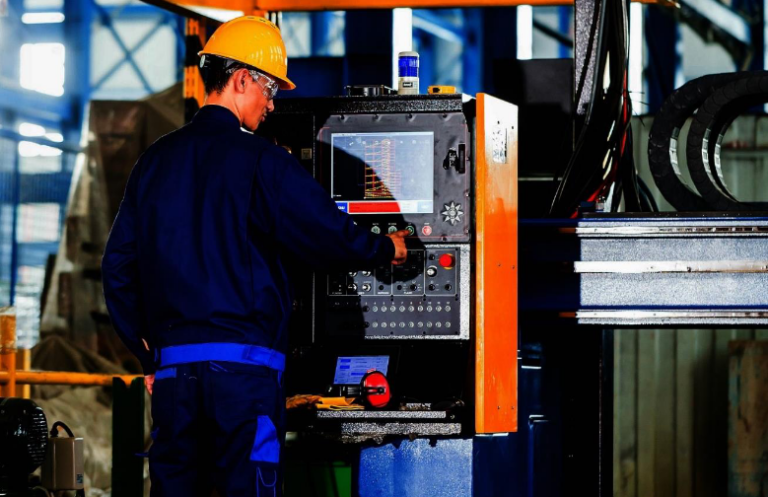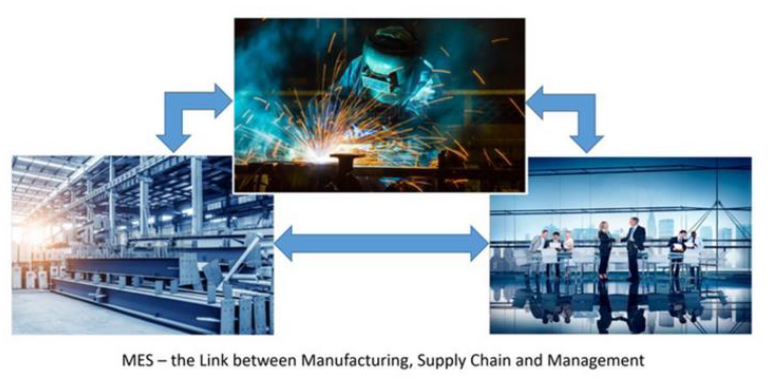

Real Time Flow of Information Key to Improving Shop Floor Operations


In order to remain competitive in today’s global manufacturing space, it is essential for companies to be able to implement corrective actions on a timely manner. Knowing at the end of the shift, or the next day, or at the end of the work week that the company underperformed on a particular job is very valuable statistically. It might even provide valuable information for future runs. Many times, however, we need to actually be running a particular job to become aware of production issues and to be able to test if the proposed corrective actions resolve them. In instances when the products being manufactured are made to order there might be no future runs or those runs might be at a much later date.
With the globalization of technology and the easier flow of capital in the twenty-first century, competition for US manufacturing companies is a lot tougher than in the past. The only way that we can keep and expand our manufacturing base in this country is by achieving the highest possible levels of productivity and excellence.
Luckily, the accessibility of computer hardware and software has made it possible to drastically reduce the cost of data acquisition needed to take corrective action much sooner, reducing rework, shortening lead times, improving efficiency, and ultimately increasing customer satisfaction. Manufacturing Execution Systems (MES) are the vehicles by which data can be collected and made available to decision-makers on a real-time basis allowing timely corrections to take place. Similar to other computer systems, MES have evolved from being a technology, available only to large companies, to currently being widely available to small and mid–size businesses.
Providing real-time information to responsible parties is just one of many benefits MES can bring to a manufacturing company. It is a key benefit because of how essential these systems are in facilitating that improvement. Most companies today have deployed Enterprise Resource Planning (ERP) systems and they report results through those systems but the timeliness of that reporting is off by at least a shift or a day. Some companies keep close to real-time track of performance outside ERP systems using Excel Spreadsheets or other personal computer subsystems, but this information is usually not available company-wide. Manual record keeping of manufacturing results is extremely time-consuming and is often inaccurate due to human error.


MES provide a comprehensive solution to real-time data acquisition and makes it available to the people that can take corrective action.
Neither commodity nor specialty products type of businesses can afford delayed remedial action. For manufacturers of commodity-type products, the speed of production and the competitive nature of the pricing will determine the loss caused by the delay; for manufacturers of specialty-type products, the high value of the lost output will.
Lenox Inc., a metal–cutting specialist, found that “finished products don’t pass first inspection 20% of the time and require rework.” Companies should consider if this happens in their business. Can the company stay competitive with its current level of rework? Can rework be reduced by the accurate flow of real-time information?
These questions must be considered and one must conclude that investment in an MES is probably one of the most important steps companies can take to keep them competitive in today’s fast-paced market.
More From Us
Real Time Flow of Information Key to Improving Shop Floor Operations
Real Time Flow of Information Key to Improving Shop Floor Operations In order to remain competitive in today’s global manufacturing space, it is essential for...
Read MoreHow to Successfully Implement a Computerized Planning and Scheduling System
How to Successfully Implement a Computerized Planning and Scheduling System Introduction The purpose of this article is to challenge readers to look at the implementation...
Read MoreHow Big Data Can Improve Operations
How Big Data Can Improve Operations Overview “You can’t improve what you don’t know, and you can’t know what you don’t measure” is a well-known...
Read MoreThe Importance of Traceability in a Manufacturing Environment
The Importance of Traceability in a Manufacturing Environment Introduction Manufacturing has become a lot more sophisticated in the last forty years. The expanded use of...
Read More